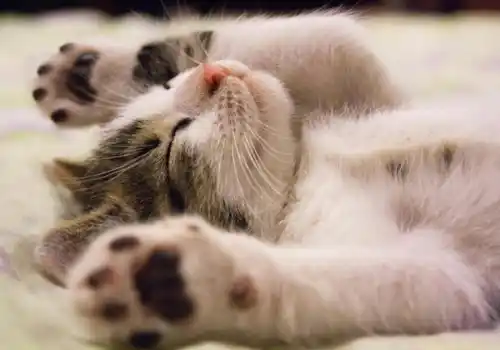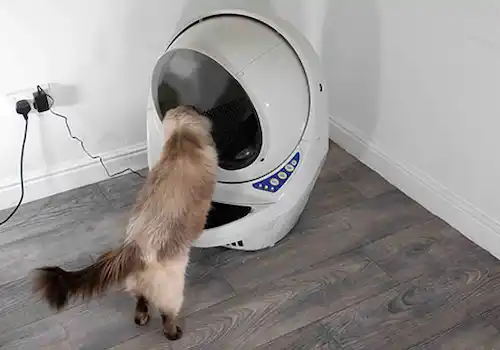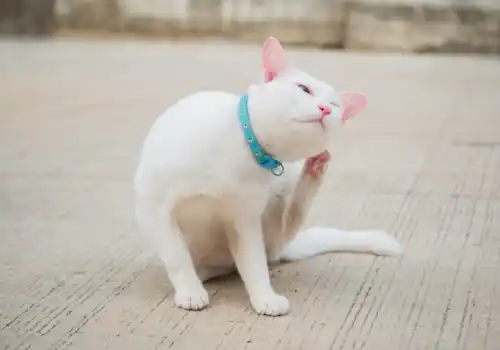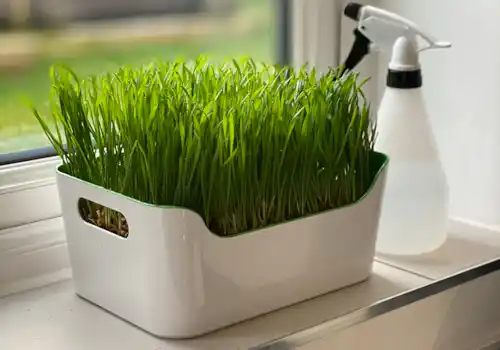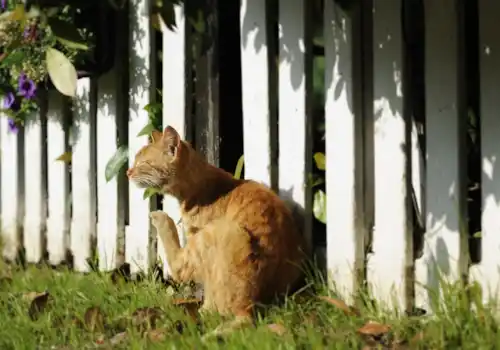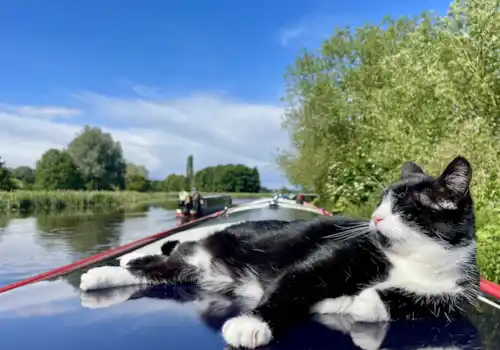There may be a number of reasons as to why your kitten is a fussy eater, make changes while he is young to stop him becoming a fussy cat.
Kittens fed a variety of foods after being weaned from their mother will develop varied tastes. Those fed the same foods day in and day out will often refuse unfamiliar foods later on in life. Feeding a variety of foods at a younger age will help expose cats to different proteins, textures and flavours and make them less likely to become finicky or stop eating later on in life.
Food bowls can also be a factor in as to why your kitten is a fussy eater. Cats don't like narrow or plastic food bowls. Their whiskers are very sensitive and can deter normal eating behaviours when they touch the side of the bowl. Plastic bowls can give off smells that are offensive to sensitive feline noses, and they can also cause chin rashes (contact dermatitis) in sensitive cats.
In addition, cats do not like eating next to their water, or near their latrine area. Make sure your food bowls are kept clean but avoid strong and perfumed detergents to clean their bowls and feeding stations. Don't mix medication, vitamins or additives into a full meal. Most medications alter the flavour of food, and eventually lead to food aversion. If you must use food to give medication, use a volume of a different food type, and then feed the cat's regular meal.
When introducing a new food, the key is to go slow and be patient. For some cats, this process may take several months. If your fussy cat is eating only dry food, and you leave food out at all times, stop this practice immediately. Feed twice a day, at set meal times, and take up what your cat doesn't eat within about half an hour. Be warned - your cat will make you feel like you're letting him starve!
This phase of the process can be much harder on the human than it is on the cat. Persistence is key! A little hunger at meal times can be a powerful motivator to get a cat to accept the new food.
Gradually increase the amount of new food, and decrease the amount of the old food, until you're only feeding the new food. Sometimes it's worth hiding the 'broccoli under the steak' i.e. hide a small amount of new food under the old food and eventually they will take to the new diet, gradually!
You may also want to add some incentives to tempt finicky eaters - drizzle a little bit of tuna on top of the new food, add small pieces of cooked meat (warm food releases aroma) or crush a small amount of kibble over the food. Dealing with a finicky cat can be frustrating, but these tips should help your cat accept food more readily.

